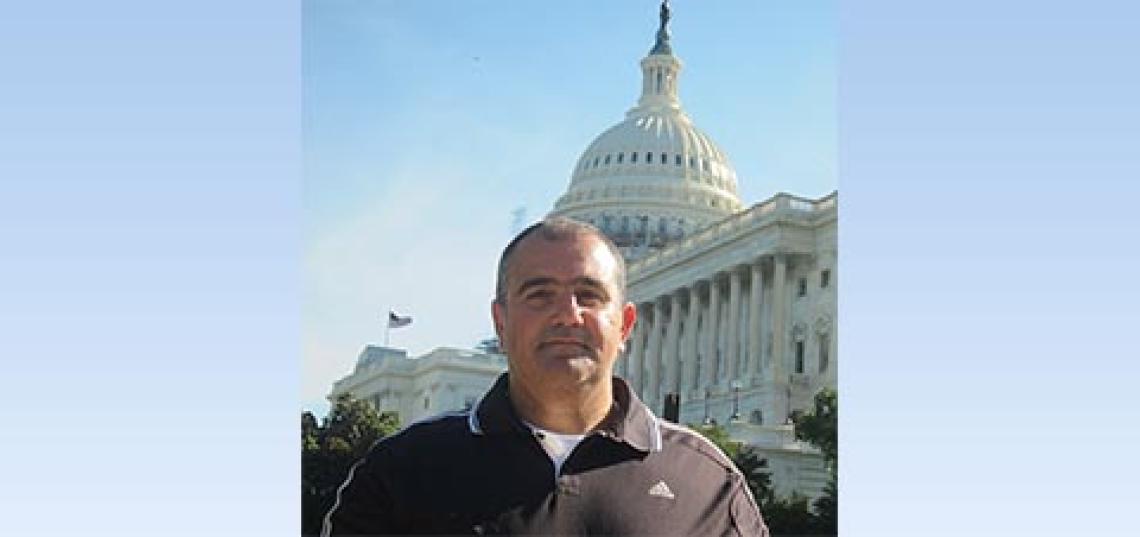
Why do Americans so often disregard scientific findings despite the evidence presented? A special feature of the Proceedings of the National Academy of Sciences (PNAS), “Reimagining Science Communication in the COVID Era and Beyond” proposes solutions to this conundrum that has plagued scientists and science communicators for decades.
The feature advocates for a paradigm shift in science communication, from traditional, top-down dissemination to participatory and inclusive approaches, and it identifies four major challenges: scientific uncertainty, politicization, the myth of value-neutral science, and a reactive communication infrastructure. The articles included in the special issue highlight that engaging diverse communities and integrating their values into science communication improves both societal trust and the impact of science, according to PNAS.
The authors of the introduction advocate for the creation of a proactive, ethically grounded science communication infrastructure supported by interdisciplinary collaboration and professional recognition, with the goal of not just informing but also building mutual understanding between science and society.
“We often believe that the institution of science has a communication problem (i.e., a problem communicating science effectively), whereas in reality it has a relationship problem,” said Professor of Communication Itzhak Yanovitzky.
“We often believe that the institution of science has a communication problem (i.e., a problem communicating science effectively), whereas in reality it has a relationship problem,” said Professor of Communication Itzhak Yanovitzky. “It is important for us as scientists to step out of our eco-chambers and get in touch with the people and audiences we aim to engage. This is necessary for both building trust in science and democratizing the scientific process such that everyone has a voice and a stake in the work with do. It is also about having a bit more respect and intellectual humility since we do not (and should not) have a monopoly over knowledge or unchecked power to decide what evidence counts or doesn’t. Finally, it is about moving away from a deficit perspective (focusing on what people don’t but should have to thrive) toward an asset perspective (asking what we can learn from the knowledge and experience of non-scientists). Ultimately, this is about science in service of society; not society in service of science.”
The report builds on the work that Yanovitzky and his colleagues advanced during their tenure on the National Academies of Sciences, Engineering, and Medicine (NASEM)’s Standing Committee for Advancing Science Communication from 2018-2014, and specifically a colloquium they planned and organized on this topic in 2022.
For the special feature, Yanovitzky co-authored two pieces—the introduction, “An agenda for science communication research and practice” and “Transformative community-engaged science: Strengthening relationships between science and society”—and he is the editor of the piece “How and why funders support engaged research.”
“It is important for us as scientists to step out of our eco-chambers and get in touch with the people and audiences we aim to engage. This is necessary for both building trust in science and democratizing the scientific process such that everyone has a voice and a stake in the work with do. It is also about having a bit more respect and intellectual humility since we do not (and should not) have a monopoly over knowledge or unchecked power to decide what evidence counts or doesn’t."
Yanovitzky said the introduction “offers a reflection on what we collectively learned as the inaugural group of the standing committee as we collaborated to address mounting challenges to science communication and pushes for replacing the traditional dissemination approach to science communication with a participatory or engaged approach.”
Looking ahead to future directions for science communication, Yanovitzky said the introduction also “advocates for adopting proactive communication strategies that are focused on building relationships with diverse audience groups and investing in a robust communication infrastructure.”
"Ultimately, this is about science in service of society; not society in service of science.”
The article “Transformative community-engaged science: Strengthening relationships between science and society” contrasts transactional and transformative approaches to engaged research. Offering practical ways to create this paradigm shift, the article shares a set of evidence-informed principles that are common to successful community-engaged science across many contexts: respect, humility, listening, reciprocity, mutuality, and reflexivity. The article concludes with a call-to-action and specific recommendations regarding critical touchpoints for promoting institutionalization of engaged research. These include: academic norms and culture, integration of community science into current systems, building incentives and structures to support community-engaged science, developing a workforce skilled in community engagement, and investing in a coordinated research-to-practice agenda.
“Engaged research needs to be more systematic and scientific so we can do it well for enhancing the positive impact of science on all while also advancing science,” Yanovitzky said.
For the full report, visit https://www.pnas.org/topic/575.
Learn more about the Communication Department at the Rutgers School of Communication and Information on the website.
